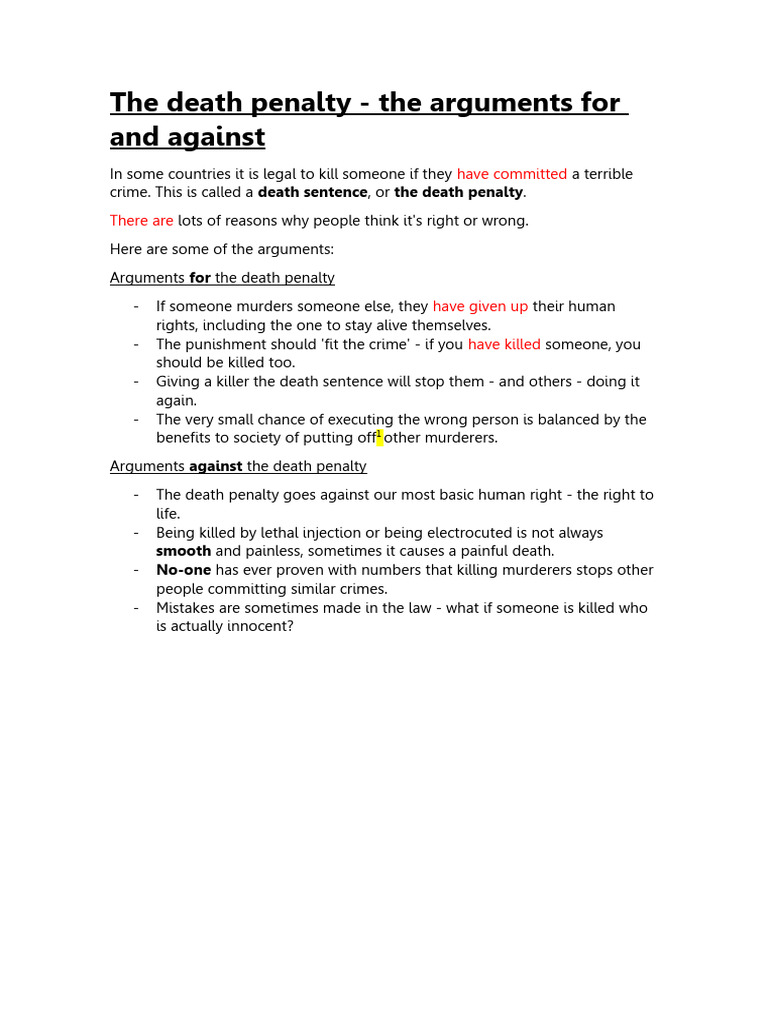The ongoing discourse surrounding the death penalty often evokes profound ethical and moral dilemmas. As societies grapple with the question of retribution versus rehabilitation, the Bahá’í teachings, which emphasize compassion, justice, and unity, provide a distinctive lens through which to examine this contentious issue. Particularly relevant is the critique of reliance on eyewitness testimony, which has historically been a cornerstone of many legal systems worldwide, including those that administer capital punishment.
What if we pondered the question: Can human fallibility truly uphold the weight of justice? This rhetorical inquiry poses a significant challenge to the prevailing judicial paradigms that hinge on purportedly infallible eyewitness accounts. The Bahá’í Faith, with its emphasis on truthfulness and the centrality of justice, encourages a deeper scrutiny of such testimonies, which may lead one to question not only the ethics of punishment but also the very foundations of evidentiary reliability.
Eyewitness testimony, despite being a staple in both courtroom proceedings and public perception, is fraught with imperfections. Psychological research demonstrates that human memory is malleable and susceptible to distortions, influenced by myriad factors such as stress, suggestion, and the passage of time. Unlike a reliable instrument, human recollection can be tainted by emotion or prejudice, leading to the prevalence of wrongful convictions. In the context of the death penalty, where the stakes could not be higher, such unreliable evidence becomes alarmingly dangerous.
In light of this, Bahá’í teachings advocate for an approach to justice that goes beyond mere punitive measures. The central tenets of unity and the dignity of every human being underscore the belief that every individual deserves equitable treatment and the chance for redemption. The Bahá’í writings assert that true justice is not achieved simply through retribution but rather through compassion, the promotion of social harmony, and the enhancement of the welfare of society as a whole. The reliance on eyewitness testimony as a decisive element in capital cases stands in stark contradiction to this higher vision of justice.
Moreover, the Bahá’í perspective calls for an examination of societal constructs that allow capital punishment to persist. The doctrine speaks to the necessity of examining root causes of crime, rather than merely treating symptoms with punitive measures. When individuals are condemned to death based primarily on flawed eyewitness accounts, the judicial system effectively perpetuates cycles of injustice, undermining the very fabric of social stability and progression that Bahá’í teachings aspire to cultivate.
From a practical standpoint, the abolition of the death penalty, paired with a comprehensive review of legal systems to eliminate reliance on tenuous eyewitness testimony, aligns harmoniously with the Bahá’í principle of constructive investigation of reality. This principle emphasizes the importance of approaching complex issues—like capital punishment and legal reliability—with a mindset committed to systemic reform and empirical inquiry. Ensuring that judicial processes are founded on verifiable evidence, rather than potentially erroneous reckonings, is crucial in upholding the integrity of justice.
The ramifications of wrongful convictions extend beyond the confines of individual cases; entire communities can suffer from the ripple effects of a flawed justice system. When the death penalty is imposed based on unreliable testimonies, it not only devastates the lives of those wrongfully accused but also engenders a deep-seated mistrust in the legal apparatus. This disillusionment is counterproductive and flies in the face of Bahá’í principles, which promote trust, fidelity, and the building of harmonious societies through righteous dealings.
It is imperative to consider the interconnections between justice, social ethics, and the evolution of prominent legal frameworks. The Bahá’í view posits that progress vibrates through the establishment of laws that resonate with higher ethical standards. Advocating for legal systems to evolve away from capital punishment while incorporating robust checks against the imperfections of eyewitness accounts aligns with a worldview that emphasizes the intersection of justice, compassion, and the overarching unity of humanity.
Furthermore, such an evolution would resonate with the Bahá’í commitment to the ideals of education and enlightenment. Elevating public awareness about the imperfections of eyewitness testimony could catalyze a shift in public perception and legal practices surrounding the death penalty. Embedding educational programs that explore the mechanisms of memory, perception, and the limits of human reliability could strengthen community resistance to capital punishment and foster empathy for those ensnared within flawed judicial systems.
Ultimately, the exploration of Bahá’í teachings in relation to the death penalty and the systemic fallibility of eyewitness testimony invites a transformative dialogue. It implores society to reconsider justice through a lens that prioritizes truth, rehabilitation, and collective responsibility. The pursuit of justice should not be an isolated endeavor wrought with the potential for grave errors but a united call to ensure that every life is treated with inherent dignity and the opportunity for redemption.
As an evolving society, it is vital to critically assess our legal frameworks and remain vigilant against the dogmas that perpetuate injustice. The Bahá’í teachings provide a beacon of hope in this regard, advocating for a comprehensive understanding of justice that encompasses compassion, fairness, and the intrinsic value of each individual. The path forward lies in the pursuit of enlightened justice—a paradigm where every soul is afforded the opportunity to reclaim their narrative, free from the shadows of erroneous testimony and the irrevocable consequences of capital punishment.
